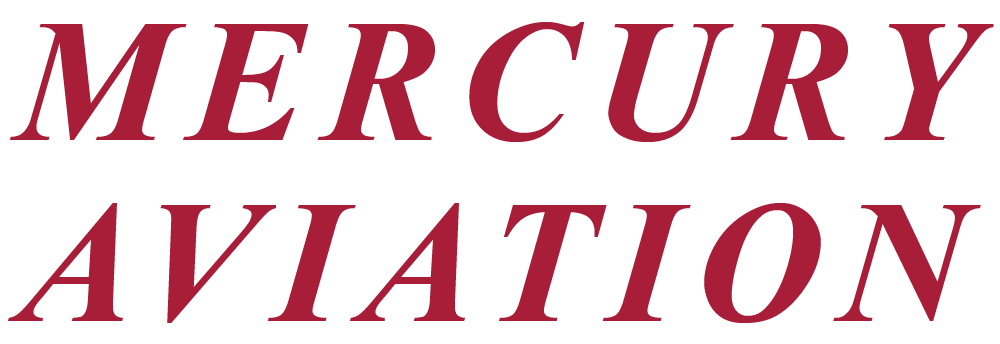LAX ready for 100% screening of airplane cargos
LAX ready for 100% screening of airplane cargos

By Art Marroquin
Staff Writer, The Daily Breeze
August 1, 2010
Travelers catching long-distance flights at airports across the country, including Los Angeles International, will fly safer beginning today, when shippers will be required to screen 100 percent of cargo placed in the bellies of wide-body jetliners.
Congress ordered the deadline three years ago as part of the Certified Cargo Screening Program to ensure the security of all freight and mail placed next to travelers' suitcases.
While some officials warn of possible delivery delays and increased shipping costs, officials at Mercury Air Group Cargo Screening Facility near LAX proudly showed off a new $200,000 X-ray machine that will screen freight placed on passenger flights.
"Given our longevity and position in cargo handling, we knew this was an important program to get involved in," said David Herbst, executive vice president of Mercury Air Group, one of the first independent cargo screening facilities in the country.
"Sure, there's been an increased cost in manpower, but that cost is offset by safety," Herbst said. "While I don't want to minimize the increase in costs, that money is making travel even safer."
LAX is one of the nation's five busiest cargo hubs and handled 1.6 million tons of freight and mail worth more than $60 billion in 2009, according to airport and TSA officials.
The airport is on pace to surpass last year's figures after handling 941,238 tons of cargo during the first six months of 2010, officials said.
"This is another example of our goal to make LAX the safest airport in the country," said Michael Molina, deputy executive director of external affairs at LAX. "By working with the TSA, we will be 100 percent compliant with the screening mandate."
The Transportation Security Administration gradually implemented requirements for air cargo screening under the 9/11 Commission Act of 2007.
Cargo placed on wide-body jets, including Boeing 747s, was only 50 percent screened as of February 2009, then 75 percent by May as the cargo industry took steps to comply with today's 100 percent deadline.
More than 800 companies nationwide are certified to screen cargo, TSA spokeswoman Suzanne Trevino said.
"TSA is dedicated to ensuring the highest level of air cargo security, and we are confident the Certified Cargo Screening Program is the most effective way to meet the
100 percent screening requirement without affecting the flow of commerce," Trevino said.
While some of the security screening will be completed by independent facilities like Mercury Air Group, a bulk of the work will be done by freight forwarders, which book cargo on passenger airlines
"There's been a lot of work over the past three years building up to this," said Brandon Fried, executive director of the Airforwarders Association, a Washington, D.C.,-based air cargo trade group.
"It's become apparent to us in the freight forwarding business that this is going to be our responsibility for the most part," Fried said. "So we've been stepping up to the plate and making the investments."
The cost for cargo screening equipment widely ranges from $30,000 to $500,000 per facility, Fried said. TSA officials acknowledged that there has been limited funding to purchase the equipment and develop new technology aimed at screening air freight.
As a result, shoppers could see higher prices for goods shipped by plane, Fried said.
"Congress made no provisions and did not pay for the technology, so consumers will ultimately pay for this," Fried said. "Air forwarders and independent cargo screening facilities had to purchase this expensive equipment, and those investments will have to be recouped somewhere down the line."
A report in June by the U.S. Government Accountability Office found that the TSA was having difficulty in developing a system to meet the screening requirement without impacting the flow of goods. Among its recommendations, the federal auditors suggested that the TSA develop a backup plan for screening domestic cargo.
TSA officials said there is no contingency plan and that they intend to fully enforce the new requirement.
"There is no Plan B," Fried said. "If it's not screened, it's not going to fly on a passenger plane."
A Global Leader in Aviation Services
Mercury Aviation has been providing services to the aviation industry and the U.S. Government for more than 60 years. We believe that our team is the best, and so is our offering. Please let us know how we can meet your aviation needs.
Contact UsContact Us
Mercury Aviation Companies LLC
Corporate Headquarters
2780 Skypark Dr
Torrance, CA 90505
Phone: (310) 827-2737
Fax: (310) 827-6897
Send Us A Message.
Terms of Use • Privacy Policy
© Mercury Aviation Companies LLC
All Rights Reserved

